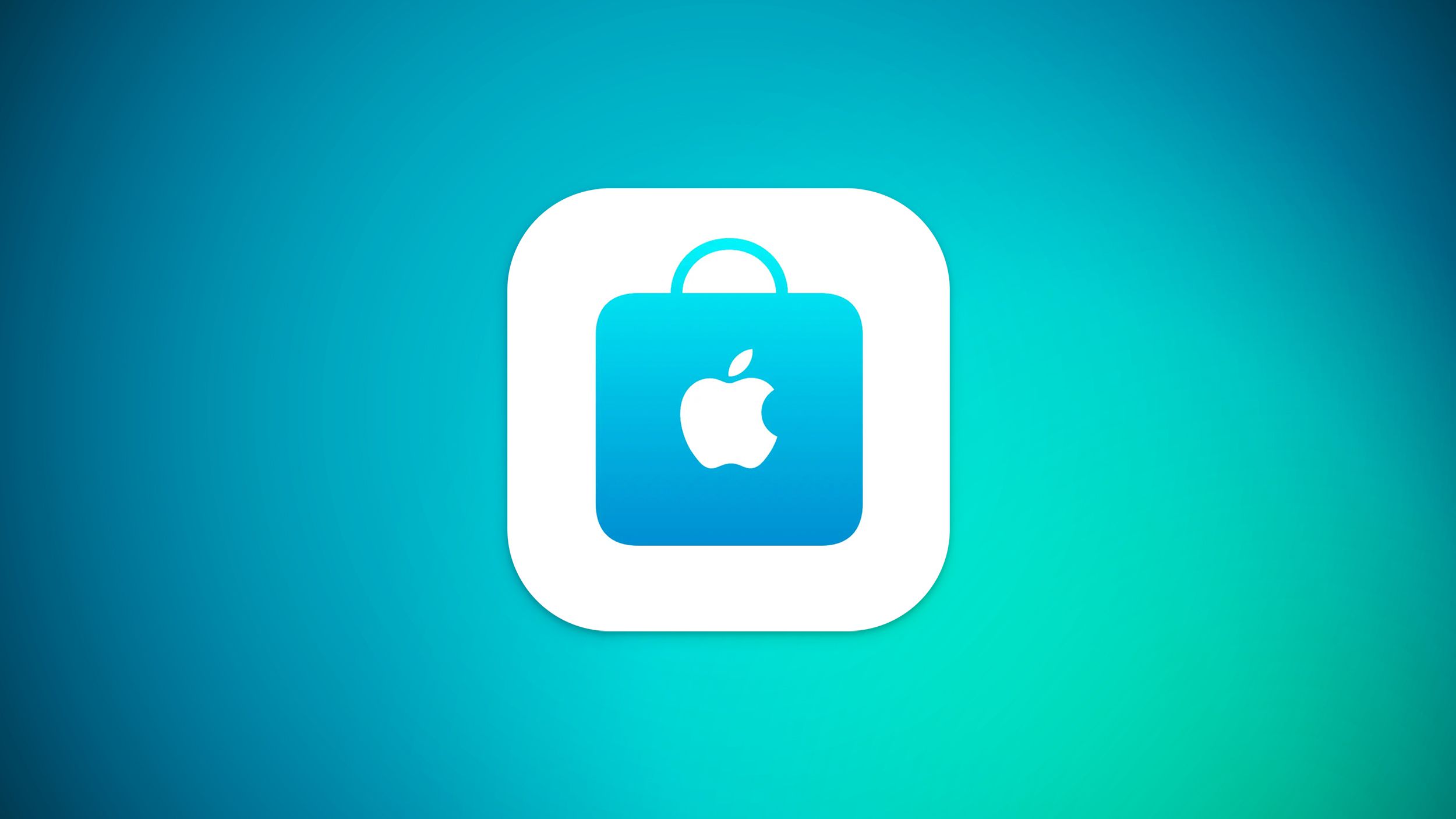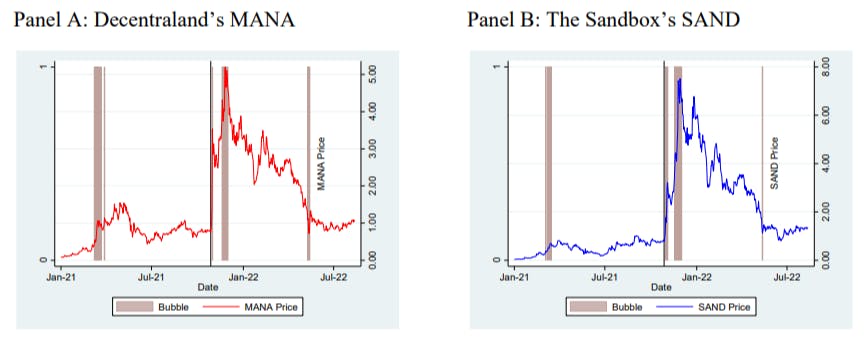In a new research note shared this week, analyst Jeff Pu said that Apple could be among the customers considering Intel’s upcoming 14A process for future M-series chips. Then, came Intel’s Q2 results, and some crucial information about the future of its business.
Flat results, tanking stock
To say that Intel has been going through a years-long rough patch would be an understatement. Just today, their stock tumbled 8.5% after a weak Q2 report, the first full quarter under the helm of their new CEO, Lip-Bu Tan.
Since taking over in April, Tan has been cutting and restructuring the company’s multiple roadmaps (and businesses), hoping to get rid of what’s been holding it back, and leaning into where it can make up for lost time and start getting out of the rut.
One of those bets is the company’s next-generation 14A node, which was developed largely in-house, and could be Intel’s last shot at remaining in the chip manufacturing business.
As reported by Reuters, after the release of its Q2 results, Tan made it clear that unless the company secures at least one major customer for 14A, it may shut down its advanced foundry efforts altogether:
New CEO Lip-Bu Tan said on Thursday the company’s engineers were busy working with customers to jump-start its next-generation contract manufacturing process, or foundry (…)
Those customers for the company’s so-called 14A manufacturing process are crucial to the success of the technology – so much so that if it fails to secure a big one, it could shut down its cutting-edge manufacturing business altogether, according to Intel’s quarterly filing on Thursday.
“We’re developing Intel 14A … from the ground up in close partnership with large external customers,” Tan said in a memo released with the results. “Going forward, our investment in Intel 14A will be based on confirmed customer commitments.
“We will build what our customers need, when they need it, and earn their trust through consistent execution.”
Back to Jeff Pu’s note
According to Pu, Intel has already started handing out early 14A process design kits (PDKs) to partners, and Apple is one of the companies showing interest:
The next focus Intel 14A process will incorporate second-gen RibbonFET and PowerDirect, marking a technological evolution built upon the foundation of the PowerVia introduced in Intel’s 18A. Targeting both AI and edge applications, Intel has already provided early versions of the 14A PDK to key customers, with several expressing interest in producing test chips. We anticipate NVIDIA’s gaming GPU (low-end version) and Apple’s M series to emerge as adopters of Intel14A.
This means that Pu believes that both Apple and NVIDIA will be among the first customers to adopt 14A, possibly for lower-end gaming GPUs and future M-series chips, respectively.
Apple’s case is particularly interesting because the M-series chip manufacturing has been exclusive to TSMC, but having Intel as a second source (especially with U.S.-based fabs) could prove quite handy amid growing geopolitical (and trade) tensions.
Do you believe Apple will go back to having Intel as a foundry partner? Let us know in the comments.
Mac deals on Amazon
FTC: We use income earning auto affiliate links. More.










